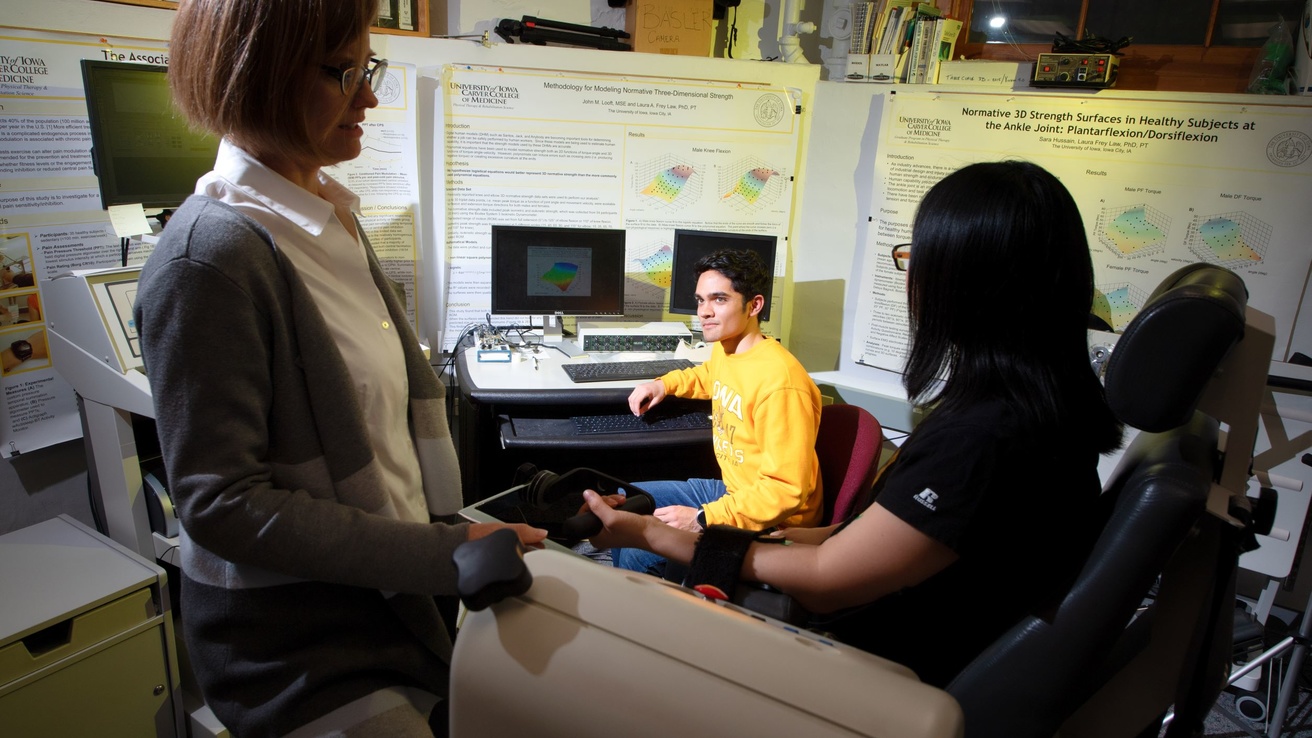Main navigation

Mike Andrews
Title/Position
Director of Research Integrity and Security
Research Security Officer
Research Integrity Officer

Shelly Campo, PhD
Title/Position
Assistant Research Integrity Officer (ARIO) and Graduate College Associate Dean for Administrative Affairs
Kevin Zihlman
Title/Position
Associate Director of Research Integrity and Security
Allegations of research misconduct are serious in nature and confidentiality for all parties involved must be and will be maintained.
Reports can be made to the individuals listed above, the Vice President for Research, or the Provost.
